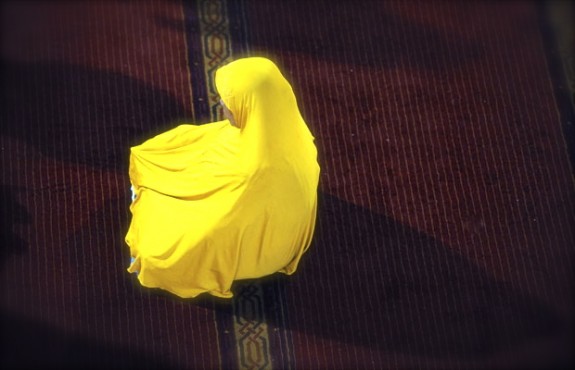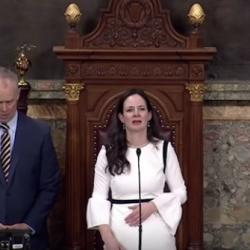
My colleague at CNEWA, Fr. Elias Mallon, last year wrote a superb essay on how Muslims observe Ramadan. (Among other things, his piece was honored last month with a Catholic Press Association Award). We’ve excerpted part of it over at CNEWA’s award-winning blog, “One-to-One”, in honor of the start of the holy season.
In the original piece, Fr. Elias points out some interesting similarities and differences between Ramadan and Lent:
On the surface, Ramadan resembles Christian Lent. It differs, however, in several fundamental ways.
Perhaps the most apparent difference is that after breaking the fast at nightfall, Muslims celebrate and often feast. During the first weeks of the month, there are especially festive dinners with the last dinner of the night being the suhur, which is to be eaten as close to dawn as possible. Losing weight is not generally connected with Ramadan in the Muslim mind.
More important, unlike Lent, Ramadan is not generally understood as an act of penance. Muslims rather consider Ramadan as an exercise in self–discipline, as purification and as a reminder of the believer’s dependence on the bounty of God.
As does fasting in Christianity, Judaism and Indic religions, the fast in Islam helps the believer focus on what is important. Fasting is closely connected to prayer and contemplation. It is the setting aside of the ordinary that allows the believer to focus on the transcendent.
One of the more striking aspects of Ramadan, particularly to Christians and Jews, is the joy with which Muslims anticipate and observe the month. Whereas Lent is a time of quiet, penitential reflection for Christians and Yom Kippur (or the Day of Atonement) is a solemn day for Jews, Ramadan is a time of spiritual and physical refreshment for Muslims. It is a time to put aside the burdens and cares of everyday life and to focus on what really matters. Whereas Christians created Fat Tuesday as the last celebration before Lent, Muslims see no need to “get it all in” before Ramadan. Ramadan is a celebration.
To be sure however, Ramadan is not only celebration. Muslims challenge themselves to live all their spiritual obligations with particular intensity and devotion during the month. They must not only fast, but pray, read the Quran and demonstrate just behavior, honesty, kindness and faithfulness to their word. Harsh or vulgar speech and arguments are frowned upon during the month. Violence of any sort is seen as a serious violation of Ramadan.
In addition, Muslims also engage in other spiritual activities. It is not uncommon for Muslims to read the Quran (approximately the size of the New Testament) from cover to cover during Ramadan. Though the Quran comprises 114 chapters, ranging in size from four to 287 verses, it is divided into 30 juz (or sections), each of which Muslims read as a unit, one per day, so as to read the entire Quran over the course of Ramadan. Muslims also lay particular importance on acts of charity during Ramadan.
In Islam, the mosque does not function quite the same as a church in Christianity. However, during Ramadan Muslims visit the mosque more frequently than during the rest of the year. Often the iftar takes place at the mosque after maghrib, or the evening prayer.
There’s much more. Check it out.











